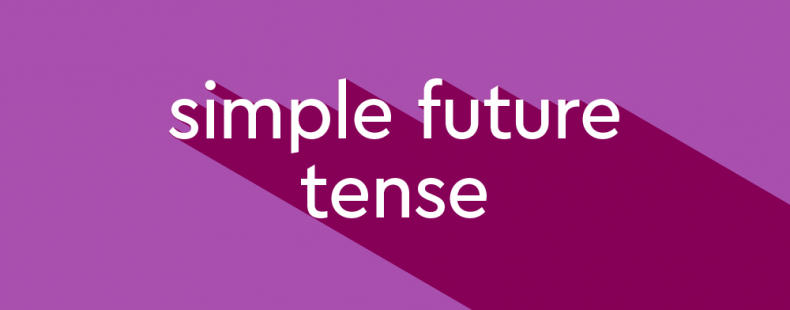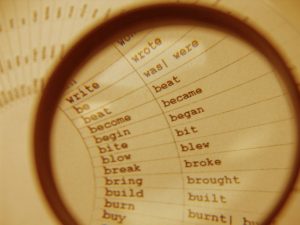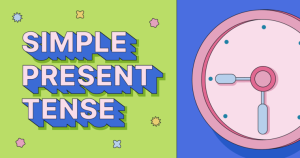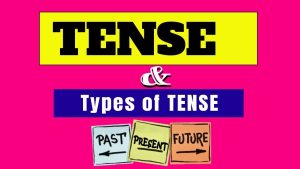Do you have any plans for tomorrow? Maybe you will eat a delicious breakfast alone, or you will go to a diner to enjoy a stack of pancakes with a friend? When you come home, you will watch TV or maybe you will browse social media. At the end of a long day, you will sleep in your bed. You might not do any of these specific things, but you will do something in the future. When we refer to things that will happen in the future, we often use something known as simple future tense.
Often, we use the simple future tense to make predictions or guesses about the future. These can be confident predictions or more uncertain ones.
- He said it will rain tomorrow.
- I think our team will win the baseball game.
- She is pretty sure that her cat will hate her new puppy.
We can also use the simple future tense to ask questions about the future.
- Will we find the pirate treasure?
- Will the Grinch discover the true meaning of Christmas?
We can also use the simple future tense to express factual statements about the future.
- It will be a leap year next year.
- This expensive soap will cost us more money.
We use the simple future tense to consider future possibilities or conditions.
- If I fail this test, my parents will take away my phone.
- She will only go to the party if her sister goes with her.
Finally, we can use the simple future tense to make commands.
- You will turn in your term paper on time, or else you will fail this class.




